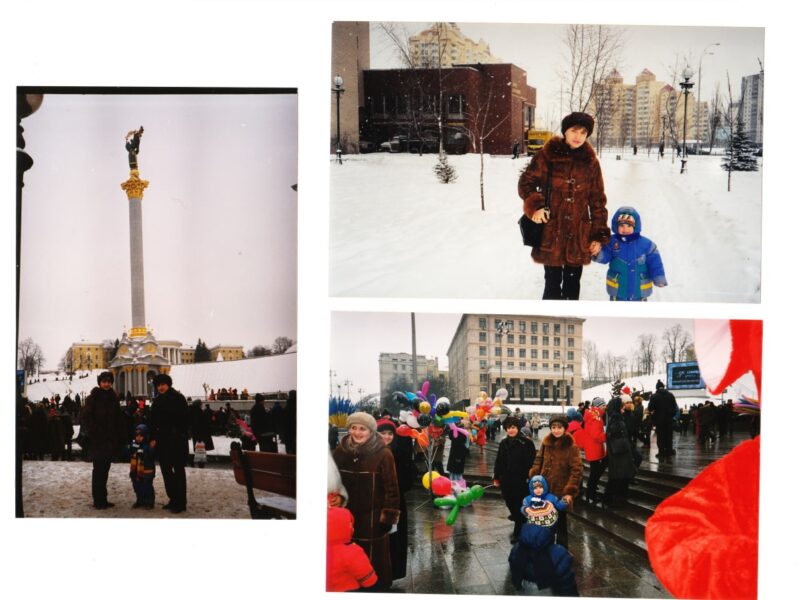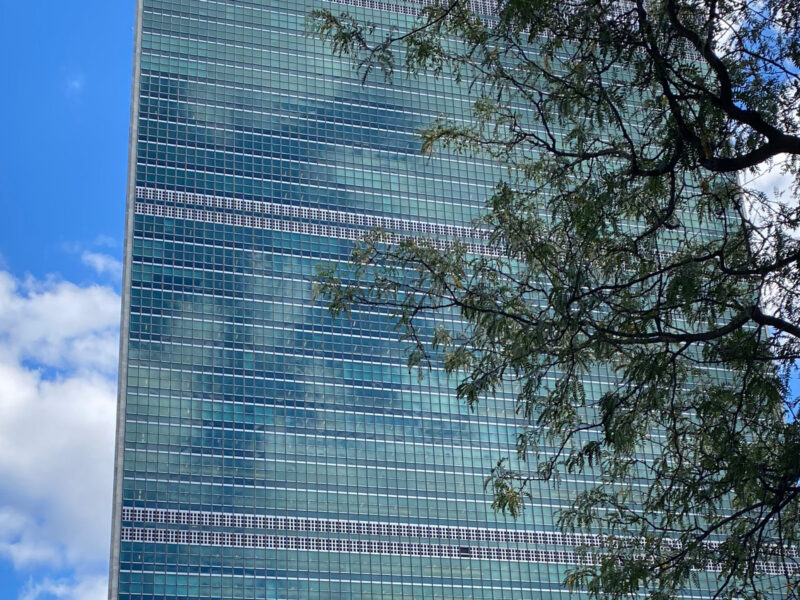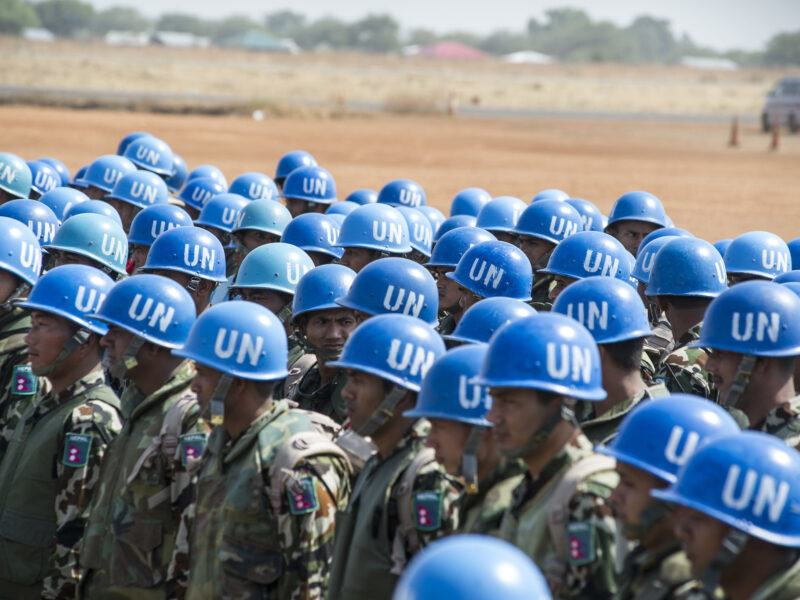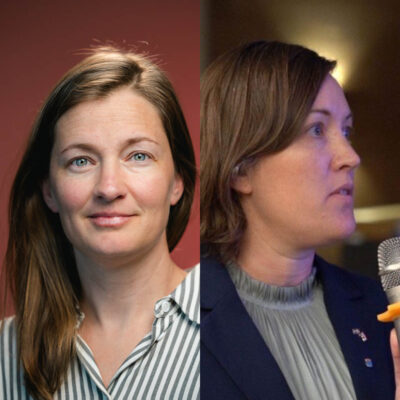Peacekeeping, policing and the rule of law in Liberia – a rocky relationship
Effective, legitimate police forces are widely viewed as necessary for sustained peace, good governance and economic growth. In post-conflict settings, however, many citizens (rightly) perceive the police as corrupt, biased, inept and inaccessible. As a result, they often seek redress for grievances through illegal or extrajudicial mechanisms, like vigilantism and mob violence. Meanwhile, crime and violence persist at the local level as these countries make the sometimes rocky transition to national peace.
These dynamics raise a number of questions for scholars and practitioners of post-conflict peacebuilding. How to restore citizens’ trust and cooperation with the police after decades of state absence, dysfunction and abuse? How to mitigate police discrimination against the most historically marginalized groups? How to reduce reliance on illegal or extrajudicial mechanisms of dispute resolution, and increase reliance on state security and justice institutions? What role can third parties like the UN play in restoring relations between citizens and the police in countries torn by civil strife?
Since 2009, I have worked on a variety of different research projects aimed at answering these questions in Liberia, a country still struggling to recover from 14 years of civil war and state collapse. These projects include a three-wave panel survey reaching some ~15,000 Liberians over the course of 4 years (with Chris Blattman and Alex Hartman); a field experiment testing the effects of recurring police “Confidence Patrols” in 74 rural communities (with Sabrina Karim and Ben Morse); and a lab-in-the-field experiment assessing the impact of ethnic balancing on cooperation and discrimination against ethnic minorities among teams of Liberian National Police officers (with Kyle Beardsley, Mike Gilligan and Sabrina Karim). All of these projects were funded in whole or in part by FBA.
Together, the results paint a mixed picture of peacekeeping, policing and the rule of law in Liberia. Among the more noteworthy findings:
• Exposure to UNMIL patrols increased rural Liberians’ willingness to rely on the police (rather than, say, the local chief) to investigate crimes or resolve disputes that fall unambiguously under state jurisdiction. But exposure to UNMIL did not make citizens any less likely to view the police as corrupt or biased.
• Randomized police patrols increased knowledge of Liberian law, improved understanding of the roles and responsibilities of the Liberian police, enhanced security of property rights, increased reporting to the police, and reduced some types of crime. But patrols did not improve trust in the police, or the Liberian government more generally, and may have reduced satisfaction among victims of crime who reported to the police.
• Including members of minority ethnic groups on teams of Liberian National Police officers did not impede cooperation or erode unit cohesion, as some opponents of “ethnic balancing” fear. But it seems to have exacerbated rather than mitigated discrimination against minority civilians.
What lessons can policymakers learn from these findings? On the one hand, the results point to the feasibility of increasing citizens’ reliance on state security and justice institutions at relatively low cost through repeated face-to-face, day-to-day interactions. And they also suggest that third parties like the UN can promote reliance on domestic security forces without inducing dependence on peacekeepers themselves. On the other hand, the results highlight the difficulty of improving citizens’ perceptions of domestic security forces—perceptions that may be deeply ingrained after years of civil conflict. And they underscore the importance of managing expectations, such that citizens do not come to believe that state security and justice institutions can deliver more than they are realistically capable of delivering.
Finally, the results call attention to the vital importance of rigorous impact evaluation. Virtually every reform program or policy in the security and justice arenas, no matter how well meaning, will have at least some adverse unintended consequences. Rigorous impact evaluation, ideally through randomized controlled trials, helps ensure that those consequences will be identified and eventually resolved.
av FBA redaktör







